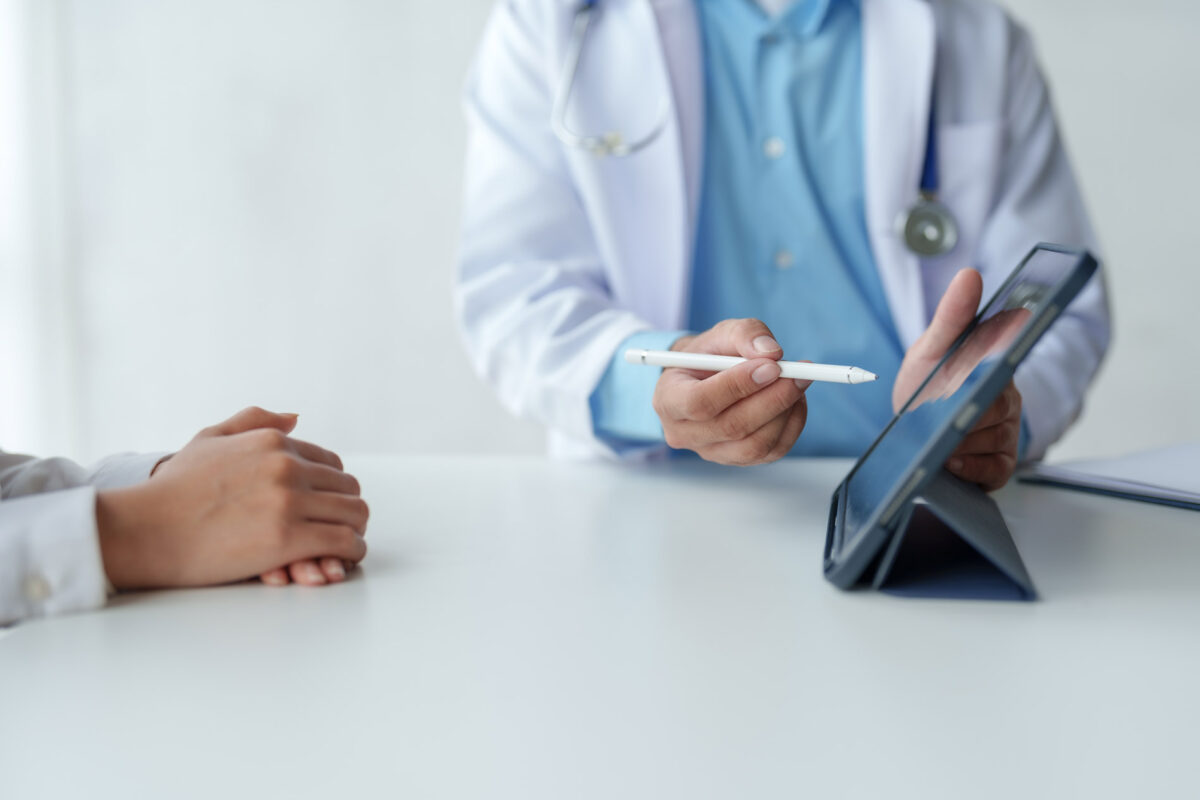Post COVID-19 Self Care
Frequently, patients inquire about the most effective measures to take after recuperating from COVID-19. Below are some useful recommendations to help maintain physical well-being post-COVID-19 and protect your immune system.
Proper Nutrition
A balanced diet with nutrient-rich foods is essential to boost the immune system. After recovering from COVID-19, it is important to consume foods that are rich in vitamins, minerals, and antioxidants, such as fruits, vegetables, whole grains, nuts, and seeds. According to the World Health Organization (WHO), a healthy and balanced diet can help support the immune system and reduce the risk of chronic diseases.
Exercise Regularly
Engaging in regular exercise can help to boost the immune system. Physical activity not only enhances the function of the immune system, but it can also improve mental health, reduce stress and anxiety. According to the Centers for Disease Control and Prevention (CDC), regular physical activity can help improve the immune system and reduce the risk of chronic diseases.
Get Enough Sleep: Sleep is crucial for a healthy immune system. Getting enough sleep can help the body to recover and repair itself after an illness. Adults need 7-9 hours of sleep every night to maintain a healthy immune system. According to the National Sleep Foundation, sleep is essential for the immune system to function properly.
Reduce Stress
Stress can weaken the immune system, so finding ways to reduce stress levels is important. Activities such as yoga, meditation, deep breathing exercises, and spending time outdoors in nature can all help to reduce stress. According to the American Psychological Association, reducing stress levels can help improve the immune system.
Stay Hydrated
Drinking enough water is important to maintain a healthy immune system. After recovering from COVID-19, it is important to stay hydrated to help the body flush out toxins and support the immune system. According to Harvard Health, staying hydrated can help the immune system function properly.
Avoid Smoking and Alcohol
Smoking and alcohol can weaken the immune system, making it more difficult for the body to fight off infections. After recovering from COVID-19, it is important to avoid smoking and limit alcohol consumption. According to the National Institutes of Health, smoking and excessive alcohol consumption can impair the immune system.
Get Vaccinated
Getting vaccinated against COVID-19 can provide protection against future infections and also helps to protect those around you. Vaccines can help the immune system to develop immunity to the virus and reduce the severity of future infections. According to the Centers for Disease Control and Prevention, COVID-19 vaccines have been shown to be safe and effective in protecting against the virus.
It is important to remember that everyone’s immune system is unique, and what works for one person may not work for another. Consult with a healthcare professional to determine the best course of action to boost your immune system after recovering from COVID-19. Sources:
- World Health Organization. (2020). Nutrition advice for adults during the COVID-19 outbreak.
- Centers for Disease Control and Prevention. (2021). Physical Activity and Health.
- National Sleep Foundation. (n.d.). How Sleep Affects the Immune System.
- American Psychological Association. (n.d.). The Relationship Between Stress and the Immune System.
- Harvard Health. (n.d.). How to boost your immune system.
- National Institutes of Health. (2021). Alcohol and the Immune System.
- Centers for Disease Control and Prevention. (2021). COVID-19 Vaccines.
